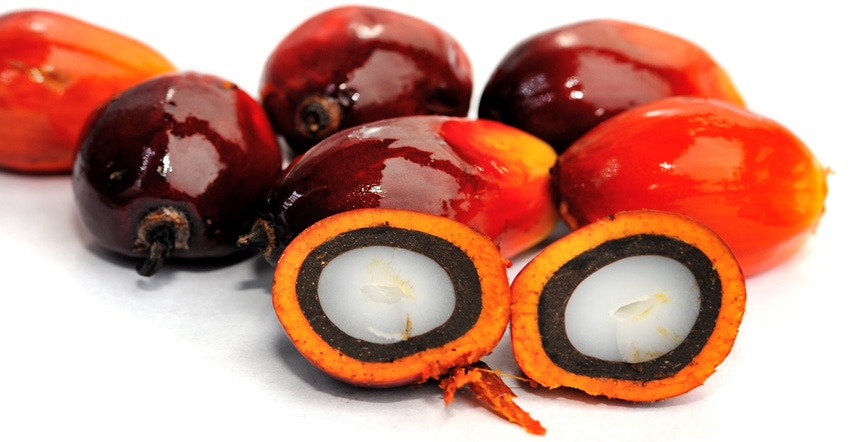Palm Done Right plans to change the palm oil production game
Natural Foods Merchandiser chats with Palm Done Right's CEO about what the organization—and natural products industry—can do to clean up palm oil.

Palm oil suffers from a bad reputation as the culprit behind destroying rainforests and harming animals. But, through his work with the Palm Done Right program, Neil Blomquist offers manufacturers and brands an alternative: an environmentally and socially sustainable palm oil supply chain that ensures a healthy future for animals, humans and the planet. Blomquist spoke with Natural Foods Merchandiser about the program’s current hurdles, and how natural products brands and retailers can pitch in to make an impact.
What is the program’s biggest challenge right now?
Neil Blomquist: Overcoming confusion and lack of understanding is the biggest challenge. Consumers who have some level of awareness have only heard the bad stuff about palm oil. Retailers that are selling natural and organic products are selling products with conflict palm oil from Asia and they don’t know it, or they don’t know how to address it with their customers. Manufacturers and brands are afraid to use palm oil, even if it will make a better product, because they are afraid of how their customers and consumers will react. We are working to raise awareness that there is a sustainable option for palm oil, and ultimately want to see current products with conflict palm oil change their supply chain and for all stakeholders to get behind adoption of sustainable palm for the natural products industry.

NB: Our current objectives are to expand our base of partners participating, and to connect with influencers to tell the story via social media, speaking engagements and one-on-one discussions. Where it heads over time will be based on how our stakeholders want it to evolve, including the option to turn it into an NGO.
How can NFM readers help the effort?
NB: If you are a brand that is selling a product with conflict palm, you seriously need to evaluate what you are selling and understand what conflict palm does to harm our planet and the people and communities where the palm oil comes from. If you are a brand whose product would be better with palm oil, or if you are developing a product where palm oil is a good choice for functionality, know that there is a supply chain that is even more sustainable than organic seed oils and that there is an option, Palm Done Right, to help support you. If you are a retailer, push back on brands that use conflict palm oil and join the Palm Done Right movement to educate your customers.
When will you know you've reached the goal of Palm Done Right? What would that look like?
NB: When natural brands rid their supply chain of conflict palm oil, when producers and brands lose their fear of using palm oil in their products, and when awareness has grown for consumers to understand and voice their position with their purchasing decisions.
From Nutrition Business Journal's 2016 Supply Chain Issue. For the full issue, including extensive market data and state of the industry analysis, call subscription services at 303-998-9536.
About the Author(s)
You May Also Like


